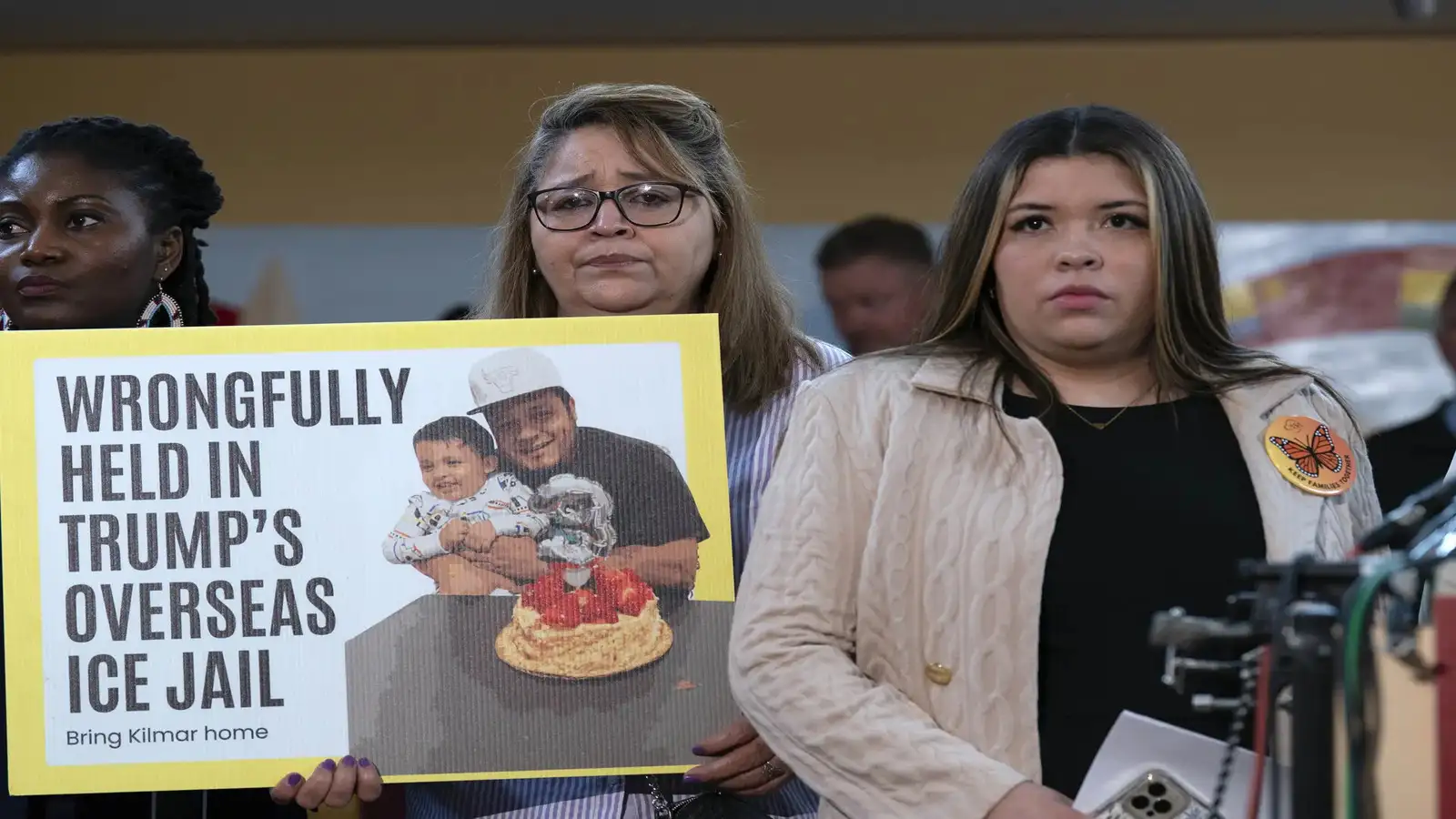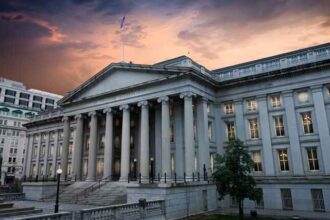A federal judge has ordered the Trump administration to explain—immediately—how it plans to bring back Kilmar Abrego Garcia, a Maryland resident who was wrongfully deported to El Salvador last month.
U.S. District Judge Paula Xinis rejected the administration’s request to delay the court hearing until next week. Instead, she set an urgent hearing for Friday at 1 p.m. ET, pushing for answers on what steps the government is taking to return Abrego Garcia to the United States.
Abrego Garcia, a Salvadoran man who has lived and worked legally in Maryland since 2019, was suddenly detained by immigration officers on March 12.
Just three days later, he was deported on a flight that also carried individuals accused of gang affiliations, even though he was under protection from deportation. His legal team has called his removal an “illegal and dangerous mistake.”
The U.S. Supreme Court recently weighed in, telling the administration to take steps to help secure Abrego Garcia’s release from custody in El Salvador and outline exactly how it plans to bring him home.
The high court also said the lower court should give the executive branch some leeway in handling sensitive foreign affairs—but not ignore the case entirely.

In a court filing, the administration argued it’s “unreasonable” to expect fast answers on foreign diplomacy. However, Judge Xinis wasn’t convinced, saying their request to delay the hearing “blinks at reality.”
Abrego Garcia’s attorneys say the government is dragging its feet, even after multiple court orders. “The government continues to delay, obfuscate, and flout court orders, while a man’s life and safety is at risk,” they wrote in a Friday filing.
READ ALSO: Former Abercrombie CEO Deemed Unfit for Sex Trafficking Trial Due to Dementia
This case has become a major flashpoint in the ongoing battle between the Trump administration and federal courts over immigration policy.
Judge Xinis had already ordered on April 4 that the administration must help facilitate Abrego Garcia’s return. The administration appealed that decision to the Supreme Court, which largely upheld it.















